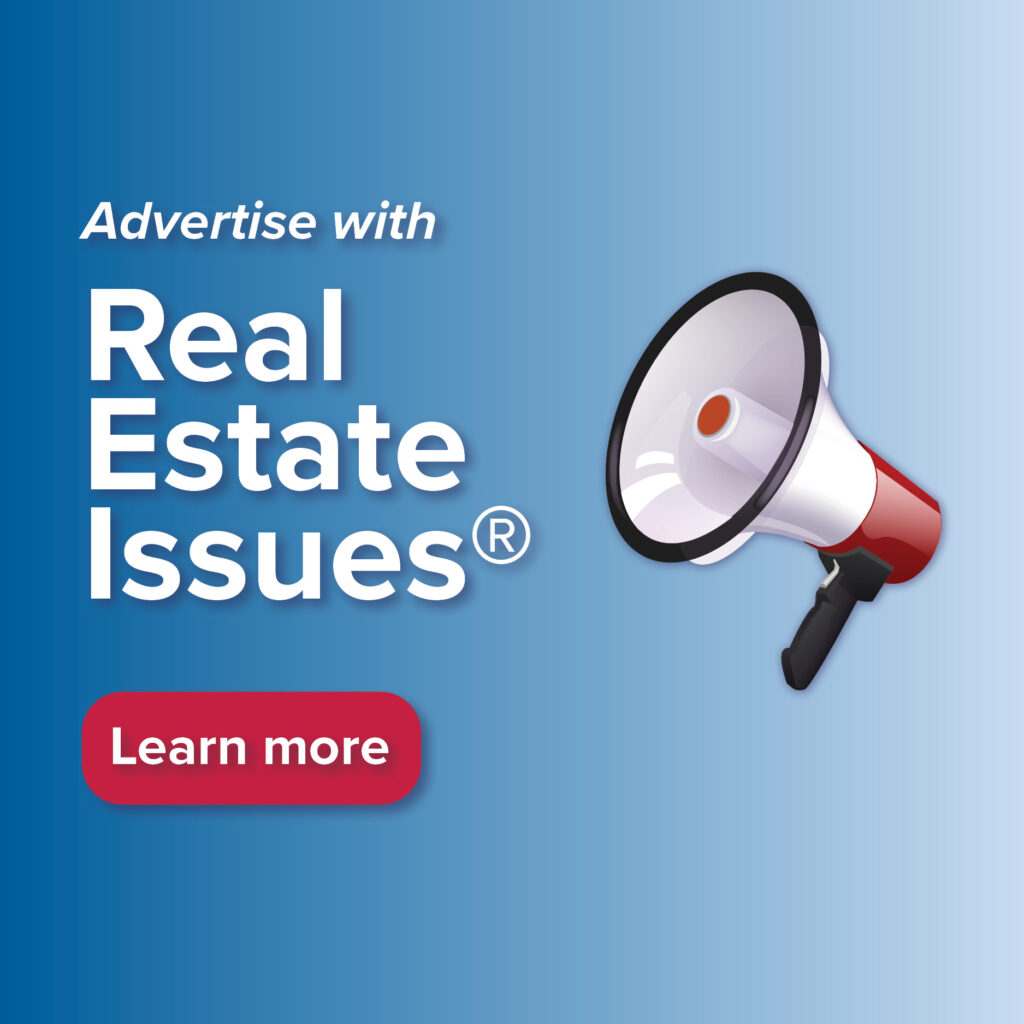Imagine a diver exploring a shipwreck on a sandy sea floor when suddenly, a dark presence emerges from the shadows within. Silent, circling, and full of teeth. Faced with such a situation, fear can be paralyzing. However, it can also serve as a powerful ally in this moment, sharpening focus, heightening awareness, and pushing us to explore innovative solutions.
Inexperienced, one might succumb to panic. Yet, as we observe this diver, they demonstrate remarkable courage. They stand their ground, and as the probing shark approaches, in a bold move, they reach out and firmly grasp the shark’s nose, initiating a deliberate process of flipping it over. The shark now finds itself upside down, held in stasis by the diver.
In this extraordinary moment, what was once a menacing threat is transformed into a calm and manageable presence. This courageous act of taking control serves as a potent metaphor for how we can confront and conquer our own anxieties. I often use this imagery when I begin to feel overwhelmed and always feel immediately better.
Tonic immobility, also known as “shark hypnosis,” is a state that sharks enter when they encounter high-stress situations, such as capture or threat. It makes me feel good to imagine that I put my feelings of anxiety into such a state when I take control.
Just as the diver in the scenario confronts the shark, we must confront our high-level anxiety head-on. Failure to do so can lead to detrimental consequences in a professional setting. Unaddressed anxiety may result in missed opportunities, poor decision-making, and strained relationships with colleagues and team members.
Identifying your anxiety triggers in the corporate world is necessary. Is it the pressure of meeting high-stakes targets, upcoming deadlines, the fear of making a costly mistake, or the stress of leading a team? Instead of ignoring these triggers, taking action to address them head-on becomes crucial. Just as the seasoned diver took control of the situation, having a plan when anxiety arises can be equally empowering. It’s an opportunity to implement your well-thought-out strategies and navigate through with confidence.
The easiest way to address anxiety is to take direct action on the items causing the anxiety. It may be difficult, but simply doing the things that need to be done will alleviate stress. Without addressing the causes and without effective coping mechanisms, chronic stress can lead to burnout, health issues, and diminished leadership capabilities. Focus on building resilience in your professional life. The challenges can be significant, and the stakes are often high – but by taking action and not allowing helplessness or stress to take over, you will feel relieved.
A way to offset some anxiety or to better deal with difficult challenges is to remember that practicing self-care is essential for our overall well-being and happiness. I was not very familiar with the term “self-care” until somewhat recently, but once I understood its significance, it became a game-changer.
Being kind to ourselves can make a monumental difference in our lives. Whether it’s indulging in a massage, tending to a garden, expressing ourselves through art like painting, or engaging in any activity that brings us joy, self-care is not just a luxury but a necessity. It’s about nurturing our minds, bodies, and souls, replenishing our energy, and ensuring we’re equipped to navigate life’s challenges with resilience and grace.
Sometimes, however, everything we do on our own is still not enough and dealing with anxiety requires the expertise of a professional, just as handling a dangerous shark encounter may require a shark expert. The consequences of anxiety in your professional life can feel magnified. Seeking professional help can be a strategic decision to ensure your mental well-being and leadership success. By professional help, I’m referring to career coaches, personal development courses, professional support groups, personality assessments, peer discussions, mentoring, and/or meditation practice.
A measured dose of anxiety can keep us on our toes, driving us to find creative solutions and make informed decisions. When harnessed and managed, it can become a powerful force for personal and professional growth. We can and should learn to confront and control our higher-level anxiety effectively. The key is to strike a balance, acknowledging anxiety’s presence, but never allowing it to paralyze us. When you’re ready, allow that shark to flip back over, let it go, and watch it swim lazily away.


 @solarseven/Shutterstock.com
@solarseven/Shutterstock.com



